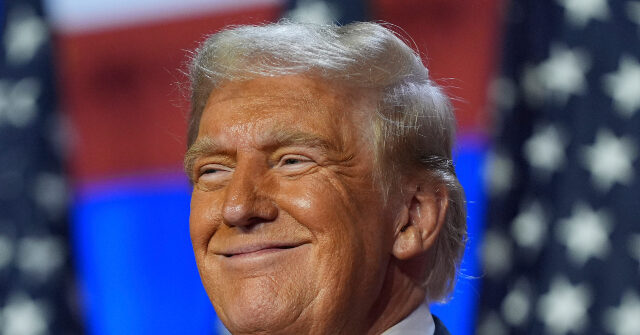In the aftermath of Donald Trump’s victory in the 2024 U.S. presidential election, a noteworthy wave of support surged from leaders within the technology industry. Many of these prominent figures, despite their complicated histories with Trump during his prior presidency and his recent campaign, chose to extend congratulations and offers of collaboration to the incoming administration. This response reflects a strategic pivot, as tech executives prepare to engage with the new political landscape shaped by Trump’s electoral success. It underscores the industry’s desire to foster a cooperative relationship, aiming to navigate the challenges that lie ahead while also capitalizing on potential opportunities brought forth by a Trump-led government.
Among the tech leaders offering their congratulations, Apple CEO Tim Cook was particularly vocal, emphasizing the necessity for the United States to maintain its leadership role in innovation and creativity. Cook highlighted a vision for collaboration with the new administration that would enable the nation to thrive through ingenuity and technological advancement. His sentiments were echoed across the sector, showcasing a collective interest in ensuring that American tech continues to drive global innovation. This sentiment signifies the CEOs’ recognition that the political atmosphere can have substantial ramifications for the tech industry, shaping policies that govern innovation, regulation, and the market.
Meta CEO Mark Zuckerberg also shared his admiration for Trump’s victory, illustrating a dramatic shift from their previously antagonistic relationship. Using his platform Threads, Zuckerberg expressed optimism about future collaborations, suggesting that there are “great opportunities ahead of us as a country.” His comments reflect a broader trend of tech leaders striving for reconciliation with the administration to explore synergies that could lead to a more productive dialogue on key issues. This willingness to work together underscores a critical shift in the industry’s position, prioritizing engagement over previous confrontational dynamics.
Similarly, Sundar Pichai, CEO of Google and Alphabet, cited the potential for a constructive partnership between tech giants and Trump’s administration. He articulated a shared vision of capitalizing on a “golden age of American innovation,” highlighting the tech sector’s commitment to ensure that the benefits of advancements reach a wide audience. Pichai’s optimistic outlook mirrors that of many in the industry who believe in harnessing the incoming political power to shape policies that promote growth and expansion in technology, placing collaboration at the forefront of their agendas.
Other notable tech executives, such as Amazon founder Jeff Bezos and Microsoft CEO Satya Nadella, also expressed supportive sentiments. Bezos, who faced considerable criticism from Trump in the past, extended well wishes to the president-elect and emphasized the significant opportunities that await the nation. Nadella echoed this cooperative spirit, affirming his willingness to partner with Trump. Moreover, Intel CEO Pat Gelsinger articulated specific hopes for revitalizing U.S. manufacturing, while Qualcomm CEO Christiano Amon and Uber CEO Dara Khosrowshahi celebrated the electoral outcome, reinforcing the theme of reinvestment in American industry.
However, the responses weren’t unanimously positive, with some high-profile tech executives choosing to remain silent on the election results. The conspicuous absence of comments from NVIDIA CEO Jensen Huang and Netflix co-CEOs Greg Peters and Ted Sarandos signals a divergent perspective within the tech industry regarding engagement with the Trump administration. This division suggests that while many executives may seek reconciliation and collaboration, others remain cautious about how to approach the tumultuous political climate. As the incoming administration gears up, the continued evolution of these relationships will play a crucial role in shaping the tech industry’s future in the face of changing political dynamics.

